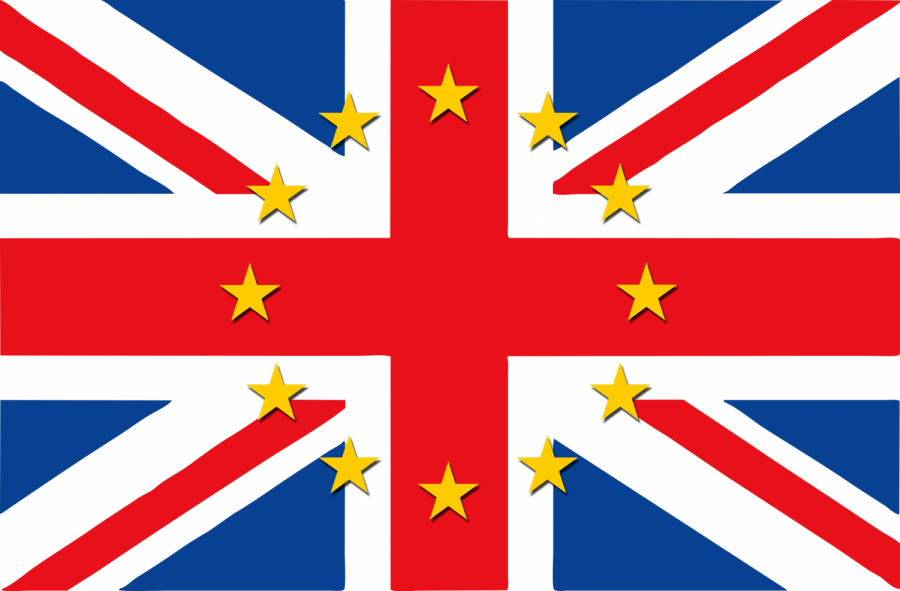Brexit and the future of nationalism
November 30, 2018
After two years of deliberation, British Prime Minister Theresa May has secured 27 votes from European Union (EU) members on a formal exit strategy from the EU. Despite the consequential step, the process is far from over. As parliament and citizens remain sharply polarized, the bitter saga prevails.
Since Britain’s vote in 2016, May has been quiet about her vision of the breakup, as she struggled to define the level of connection she intends to maintain with the rest of the EU and the price of Brexit. While May’s 585-page draft answered many of these pressing questions, May’s hopes of a “smooth and orderly” transition were shattered; members from each party are vehemently opposed to the agreement. May’s own Conservative Party protests for a more decisive break from the EU, while the Labour Party intends to block the deal from passing by any means necessary.
The looming exit deadline and the strong likelihood of May’s deal being blocked from legislators presents yet another formidable obstacle: there is now a possibility that Britain will exit the EU without a concrete deal. Ironically, the only consensus among Britons that can be reached is that this would be catastrophic to the British economy and national security, as well as the quality of life in Britain.
Britain’s problem is self-inflicted; the mere concept of Brexit is fraught with impossibility, as there is no plan that will allow Britain to reap the economic and security benefits that were granted by EU protection, and simultaneously avoid the authority of international institutions. As the chaos ensues, it becomes apparent that nationalism and isolationist practices have the potential to destroy the global order.
Brexit demonstrates a growing lack of concern for the stability and connectivity of the global economy that is mirrored within the Trump administration in the United States. President Donald Trump campaigned on nationalism, capturing the attention of those who were subject to the economic inequities of globalization, and thus further dividing the American population based on race, class and status.
While Trump has attempted to act on his nationalist platform (such as his Muslim immigration ban, withdrawing from the Paris Climate Accord, and numerous racist comments), he has largely been barred from doing so.
The British have dug themselves into a deep hole. It’s unclear if they’ll be able to escape.






















